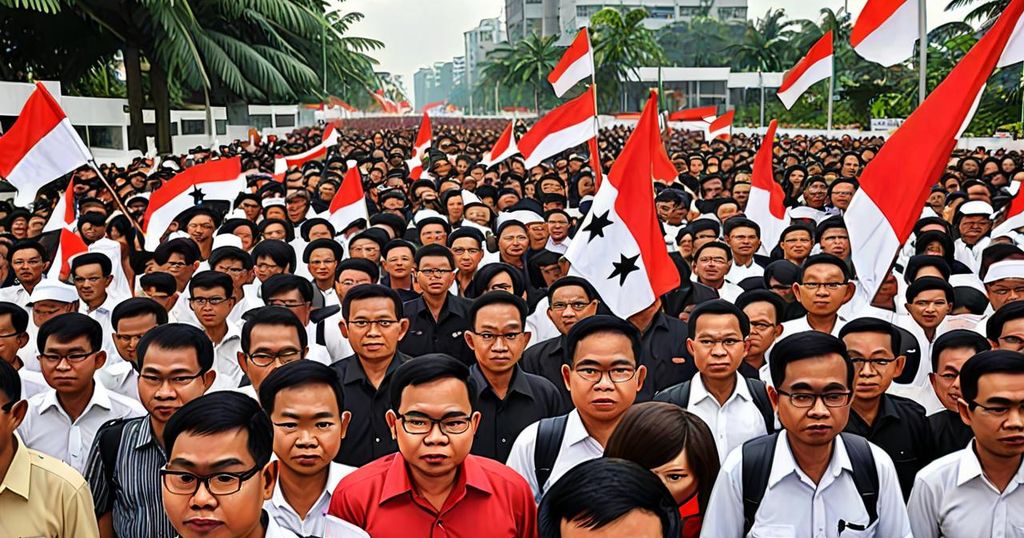Indonesia has been confronting a widespread struggle against corruption, with recent scandals involving high-ranking state officials casting doubt on the efficacy of the country’s anti-corruption endeavors. The Corruption Eradication Commission (KPK) has been at the forefront of this battle, but its integrity has been questioned due to various internal controversies and political interference.
The challenges arose when KPK’s chief, Firli Bahuri, faced allegations of extortion, claiming demands for money from former agriculture minister Syahrul Yasin Limpo. This was followed by the arrest of 15 employees at KPK’s detention centers for allegedly extorting detainees. These incidents raised serious concerns about the integrity and efficacy of Indonesia’s efforts to address corruption.
Despite KPK’s early accomplishments, its credibility has been tarnished by internal controversies and political interference, resulting in a decrease in public trust. The government’s revisions to the KPK Law in 2019 further raised doubts about the agency’s independence, transforming KPK from an independent agency to a central government body. This move significantly reduced KPK’s ability to operate independently, leading to a decline in its effectiveness in combating corruption.
However, the persistence of corruption in Indonesia can be attributed to several factors. Institutional constraints, such as underfunded law enforcement agencies, lack of resources, and political control, have hindered the effective prosecution of corruption cases. This has led to the selective handling of cases, with allegations of targeting political rivals while protecting other corrupt officials. The prevalent culture of transactional politics and coalitional government has further exacerbated corruption, allowing collusion between public officers and private firms for individual gains. Moreover, the weak culture of integrity has failed to establish a sense of accountability and transparency, perpetuating corrupt practices in society.
The fight against corruption in Indonesia necessitates fundamental reforms within law enforcement agencies, increased transparency, and public awareness campaigns. Restoring KPK’s independence, improving funding and collaboration with other agencies, regulating political financing, and promoting a culture of integrity are key strategies to effectively combat corruption. The incoming government will face the challenge of implementing these measures to restore trust in Indonesia’s anti-corruption efforts.
In conclusion, Indonesia’s battle against corruption encounters significant challenges, but with the right reforms and strategies, there is hope for a more transparent and accountable future. The concerted efforts of law enforcement agencies, government institutions, and public participation will be crucial in navigating through these challenges and achieving a corruption-free Indonesia.
Source:
Meilasari-Sugiana, A., Endro, G., & Negara, S. D. (2024, June 10). Indonesia’s Battle Against Corruption: Navigating Through Challenges. ISEAS Perspective. Retrieved from [insert link]

Leave a Reply